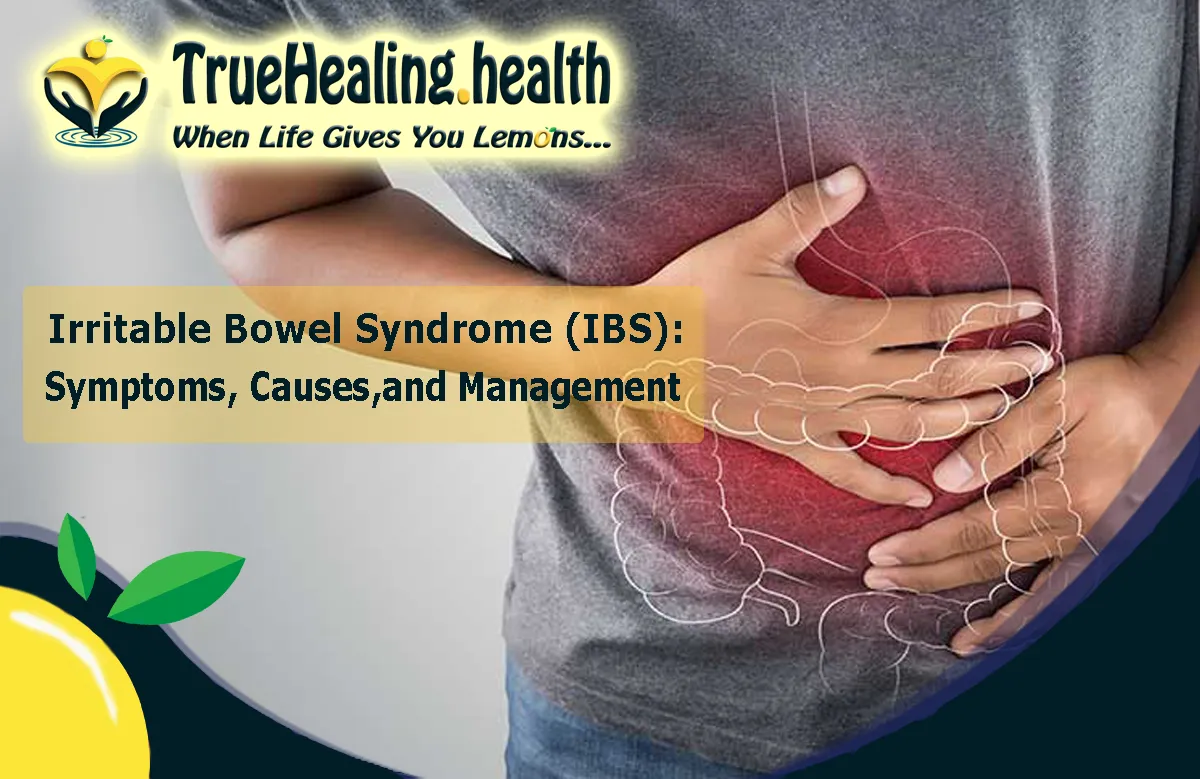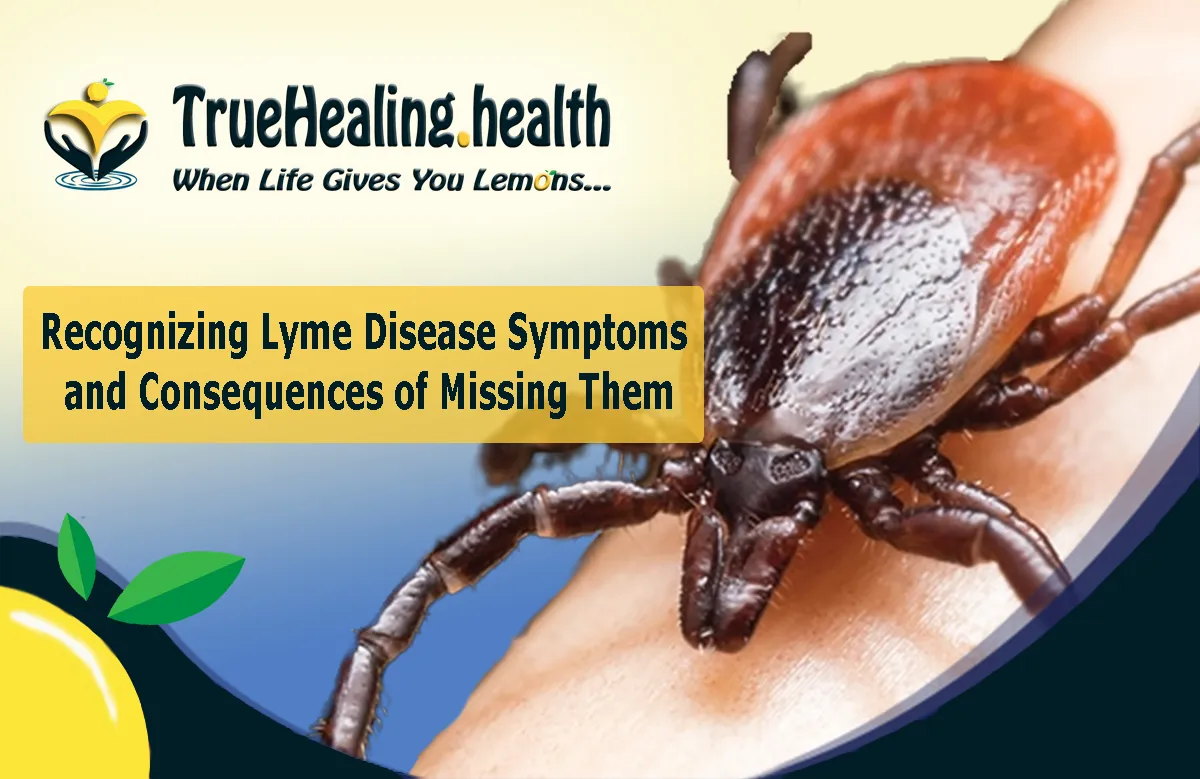Understanding the Differences between Long Covid and Chronic Fatigue Syndrome
Introduction
In recent years, the medical community has been confronted with the challenges posed by long-term health complications following acute COVID-19 infections. This phenomenon, known as Long Covid, shares similarities with Chronic Fatigue Syndrome (CFS) in terms of symptoms and underlying pathophysiology. Understanding the differences between these two conditions is crucial for accurate diagnosis, effective treatment, and improved patient care. This article aims to provide a comprehensive comparison of Long Covid and Chronic Fatigue Syndrome, shedding light on their distinct characteristics, causes, diagnosis, and treatment approaches.
Content List
- What is Long Covid and Chronic Fatigue Syndrome?
- Causes and Triggers
- Diagnosis and Treatment
- Research and Studies
- 10 keypoints to remember

What is Long Covid and Chronic Fatigue Syndrome?
Definition and Overview
Long Covid, also referred to as Post-Acute Sequelae of SARS-CoV-2 infection (PASC), encompasses a broad range of persistent symptoms experienced by individuals even after recovering from acute COVID-19. These symptoms include persistent fatigue, cognitive problems, headaches, disrupted sleep, myalgias and arthralgias, post-exertional malaise, and orthostatic intolerance, among others. On the other hand, Chronic Fatigue Syndrome (CFS) is characterized by persistent and unexplained fatigue that is not alleviated by rest and is often worsened by physical or mental activity. CFS can significantly impair a person’s ability to carry out daily activities and is not improved by sleep or rest.
Symptoms and Manifestation
Both Long Covid and CFS share several common symptoms, including persistent fatigue, cognitive issues, and post-exertional malaise. Patients with Long Covid often experience a constellation of symptoms that greatly interfere with their ability to function, leaving some individuals housebound and disabled. Similarly, CFS affects numerous organ systems throughout the body, involving dysfunction of the vascular, autonomic, neurological, mitochondrial, metabolic, connective tissue, endocrine, and immune systems. It is estimated that around 90% of people with CFS are never properly diagnosed, and many cases have been dismissed as a condition existing purely “in the mind” that can be treated with exercise therapy.
Causes and Triggers
Relation to Covid-19
Long Covid is triggered by infection with SARS-CoV-2, the virus responsible for COVID-19. In contrast, CFS often follows an “infectious-like” illness, and it is unlikely that CFS is triggered by a single, novel infectious agent. Instead, it represents a dysfunctional response to infection with any of multiple agents. Both Long Covid and CFS share abnormalities involving the central and autonomic nervous systems, the immune system, reactivation of latent infectious agents (primarily herpesviruses), the gut microbiome, energy metabolism, a hypometabolic state, redox imbalance, and various cardiac, pulmonary, and vascular abnormalities.
Biological Abnormalities Involved
The underlying pathophysiology of both Long Covid and CFS involves abnormalities of the central and autonomic nervous system, immune system, reactivation of latent infectious agents, gut microbiome, energy metabolism, hypometabolic state, redox imbalance, and various cardiac, pulmonary, and vascular abnormalities. Many of these abnormalities bidirectionally influence each other, creating the potential for multiple, self-reinforcing “vicious” pathophysiological cycles that could lead to persisting illness.
Role of SARS-CoV-2 Virus
Long Covid is directly linked to the infection with SARS-CoV-2, and the virus is believed to play a significant role in triggering the persistent symptoms experienced by individuals after recovering from acute COVID-19. On the other hand, CFS is associated with a dysfunctional response to infection with various pathogens, and it is not triggered by a single, novel infectious agent. This distinction in the triggering mechanisms of Long Covid and CFS contributes to their differences in clinical manifestation and long-term health implications.
Diagnosis and Treatment
Diagnostic Criteria for Long Covid
The diagnosis of Long Covid is based on the presence of persistent symptoms following acute COVID-19 infection. The symptoms can be diverse and may include fatigue, cognitive problems, headaches, disrupted sleep, myalgias and arthralgias, post-exertional malaise, and orthostatic intolerance. Healthcare providers use a combination of patient history, physical examination, and diagnostic tests to assess and diagnose Long Covid. However, due to the complex and varied nature of Long Covid symptoms, diagnosis can be challenging, and there is a need for standardized diagnostic criteria to identify and manage this condition effectively.
Distinguishing Symptoms from Chronic Fatigue Syndrome
While Long Covid and CFS share common symptoms such as persistent fatigue and post-exertional malaise, there are also differences in their clinical presentation. Long Covid is directly linked to the acute infection with SARS-CoV-2, and its symptoms often manifest following the resolution of the acute phase of COVID-19. On the other hand, CFS is characterized by persistent and unexplained fatigue that is not alleviated by rest and is often worsened by physical or mental activity. Distinguishing between the symptoms of Long Covid and CFS is essential for accurate diagnosis and appropriate management of these conditions.
Available Treatment Approaches
There are no established treatments for Long Covid, similar to the lack of treatments for CFS. For decades, graded exercise therapy was advised for CFS, but there has been controversy surrounding this approach. Some doctors continue to emphasize the role of exercise in rehabilitation, while others oppose it. Similarly, Long Covid has seen a division of opinions on the best approach to treatment, with some doctors continuing to emphasize the role of exercise in rehabilitation and others opposed to it. A better understanding of the underlying causes behind both CFS and Long Covid, as well as investment into clinical trials for treatment, should help improve our understanding of both these conditions and lead to more effective treatment approaches

.
Research and Studies
Recent Findings on Long Covid
The current research on finding mechanistic clues to Long Covid is a resource-intensive and lengthy uncharted process. It is likely to produce further leads for more research but with a low ultimate probability of success in helping patients. However, there is an already extensive body of patient-care experience, guidance, and resources for best practices to build on in the clinical management of post-infection syndromes. This approach includes coordinating clinical care and rehabilitation, reducing healthcare disparities, and addressing ongoing and complex medical and psychosocial needs. Patient education and health care workforce training are essential components in the dissemination of best practices and in setting realistic expectations for prognosis and treatment outcomes.
Comparative Studies Between Long Covid and Chronic Fatigue Syndrome
A review comparing the underlying biology of ME/CFS and Long Covid found systemic illnesses involving multiple organs and physiological systems. Long Covid is triggered by infection with SARS-CoV-2, while ME/CFS is often triggered by an “infectious-like” illness. Both illnesses share abnormalities involving the central and autonomic nervous systems, the immune system, reactivation of latent infectious agents (primarily herpesviruses), the gut microbiome, energy metabolism, a hypometabolic state, redox imbalance, and various cardiac, pulmonary, and vascular abnormalities. Many of these abnormalities bidirectionally influence each other, creating the potential for multiple, self-reinforcing “vicious” pathophysiological cycles that could lead to persisting illness.
Impact on Public Health Policies
The emergence of Long Covid and its similarities to CFS have significant implications for public health policies and healthcare delivery. Understanding the distinct characteristics and underlying pathophysiology of Long Covid and CFS is crucial for developing effective public health strategies, clinical management protocols, and patient care guidelines. The similarities and differences between these conditions should be carefully considered in developing policies to address the long-term health needs of individuals affected by Long Covid and CFS.
Holistic Approach Shows Promise for CFS and Chronic Fatigue
TrueHealing.health, a pioneering holistic health service led by the esteemed Tine van der Maas, has taken strides in the battle against Chronic Fatigue Syndrome (CFS) and chronic fatigue. Recognized for its innovative methods, TrueHealing hampions a holistic approach to healing, addressing the multifaceted nature of these conditions thoroughly described in the medical literature.
Their program, already making waves across the U.S., focuses on alleviating fatigue symptoms and restoring function in chronic conditions. New research from TrueHealing has shown hopeful results—many symptoms of CFS and post-COVID syndrome are being effectively managed, giving patients a new lease on life.
Individuals who have grappled with persistent issues like orthostatic intolerance and other symptoms commonly associated with post-intensive care unit syndrome or post-infectious fatigue syndrome are finding solace in this approach. TrueHealing protocols consider the full array of CFS and Long Covid symptoms, moving beyond traditional management techniques.
The success stories emerging from TrueHealing.health are compelling. There's growing hope among people with Long COVID-19 as some report freeing themselves from the clutches of their symptoms completely, while others note substantial improvements. This is particularly significant given the concerns raised by professors of medicine and experts from the Centers for Disease Control and Prevention about the increasing number of people likely to develop Long COVID-19.
Critics who initially suspected patients of fabricating their symptoms are now being confronted with tangible evidence that Long Covid could indeed lead to serious, sometimes debilitating health issues. These findings align with abnormalities in patients experiencing a broad spectrum of post-viral syndromes.
TrueHealing.health's approach underlines the importance of holistic care in the healing process. Their successes advocate for the potential of alternative therapy routes that could pave the way for innovative treatments for both CFS and conditions like Long Covid.
For those living with these syndromes, the work of TrueHealing.health offers not just treatment but a chance at true recovery. This is a beacon of hope for many as traditional medical approaches evolve alongside these holistic methodologies, amplifying the possibilities for those seeking relief and a return to wellness. For a consult, go to https://truehealing.com/consult
10 key points to remember
- Long Covid and Chronic Fatigue Syndrome share common symptoms such as persistent fatigue, cognitive issues, and post-exertional malaise.
- Long Covid is directly linked to the infection with SARS-CoV-2, while CFS often follows an “infectious-like” illness.
- Long Covid and CFS involve abnormalities of the central and autonomic nervous system, immune system, reactivation of latent infectious agents, gut microbiome, energy metabolism, and various cardiac, pulmonary, and vascular abnormalities.
- There are no established treatments for Long Covid or CFS, and the treatment approach has been controversial.
- Research into Long Covid and CFS is essential for understanding the underlying causes and developing effective treatment approaches.
- Long Covid and CFS significantly affect public health policies and healthcare delivery.
- Distinguishing between Long Covid and CFS symptoms is essential for accurate diagnosis and appropriate management.
- Patient education and healthcare workforce training are essential components in disseminating best practices for Long Covid and CFS.
- The emergence of Long Covid and its similarities to CFS have significant implications for public health policies and healthcare delivery.
- Understanding the distinct characteristics and underlying pathophysiology of Long Covid and CFS is crucial for developing effective public health strategies and clinical management protocols.
References:
- The science behind COVID-19” | Gavi.org
- “Fifty Years of Immunization Success Call for 50 More” | Gavi.org
- “The difference a vaccine can make” | Gavi.org
- “The malaria vaccine: A VaccinesWork guide” | Gavi.org
- “Rotavirus vaccination slows down a major childhood killer in Pakistan” | Gavi.org
- “Malaria experts call for action on growing drug resistance in Africa” | Gavi.org
- “The content on this site is intended for healthcare professionals.” | Elsevier Inc.
- “Post-COVID syndrome in non-hospitalised patients with COVID-19: a longitudinal prospective cohort study” | The Lancet Reg Health Eur
- “Population-based study of fatigue and psychological distress” | BMJ
- “A clinical case definition of post-COVID-19 condition by a Delphi consensus” | Lancet Infect Dis
Hashtags:
LongCovid #ChronicFatigueSyndrome #MyalgicEncephalomyelitis #PostViralSyndrome #Covid19 #HealthAwareness #PandemicRecovery #CFS #ImmuneSupport #LongHaulers #CovidResearch #HealthEducation #PublicHealth #ViralIllness #PatientAdvocacy
Frequently Asked Questions:
Frequently Asked Questions (F.A.Q.)
Q: What is the relationship between Long Covid and Chronic Fatigue Syndrome?
A: There is a growing body of evidence suggesting an overlap between Long Covid and Chronic Fatigue Syndrome, with many long Covid patients experiencing symptoms similar to those seen in chronic fatigue syndrome.
Q: How does a person develop Long Covid?
A: Long COVID-19 typically develops following a viral infection, such as COVID-19. It occurs when symptoms of the initial infection persist for an extended period, sometimes leading to chronic illness.
Q: What are some of the common debilitating symptoms experienced by patients with Chronic Fatigue Syndrome?
A: Patients with Chronic Fatigue Syndrome may experience symptoms such as postural orthostatic tachycardia syndrome, myalgic encephalomyelitis, post-infectious fatigue, and mast cell activation syndrome.
Q: How is Long Covid research being conducted?
A: Long Covid research is being carried out by various institutes, including the National Institutes of Health, Centers for Disease Control, and World Health Organization, to understand the condition better and develop effective treatments.
Q: What is the role of the immune response in Chronic Fatigue Syndrome?
A: The immune response is believed to play a significant role in Chronic Fatigue Syndrome, as the condition is thought to be triggered by a dysregulation of the immune system.
Q: How does Chronic Fatigue Syndrome differ from Long Covid?
A: While both conditions share some similarities, Chronic Fatigue Syndrome is a recognized chronic illness with defined diagnostic criteria, whereas Long Covid is a relatively new phenomenon emerging from the COVID-19 pandemic.
Q: Are there any specific recommendations for people with Long Covid or Chronic Fatigue Syndrome?
A: Individuals with Long Covid or Chronic Fatigue Syndrome are advised to pace themselves, prioritize rest, and seek support from healthcare professionals specializing in chronic illness management.
Q: What is Long Covid and Chronic Fatigue Syndrome?
A: Long Covid and Chronic Fatigue Syndrome are illnesses characterized by persisting symptoms following a viral infection, such as Covid-19.
Q: How do Long Covid and Chronic Fatigue Syndrome overlap?
A: Both illnesses involve underlying biological abnormalities that result in chronic fatigue and other symptoms.
Q: What are some common symptoms reported in Long Covid and Chronic Fatigue Syndrome?
A: Symptoms include persisting fatigue, orthostatic intolerance, and lingering symptoms even after the initial infection has cleared.
Q: How is Long Covid different from post-acute Covid?
A: Long Covid refers to persisting symptoms beyond the acute phase of infection, while post-acute Covid refers to symptoms that last for a few weeks after the acute infection.
Q: Can Long Covid lead to Chronic Fatigue Syndrome?
A: Yes, some individuals with Long Covid may develop persistent fatigue and other symptoms characteristic of Chronic Fatigue Syndrome.
Q: How do researchers compare the symptoms of Long Covid and Chronic Fatigue Syndrome?
A: Researchers compare the symptoms reported by individuals with Long Covid and Chronic Fatigue Syndrome to understand the clinical syndrome better.
Q: What role do experts from the Mailman School of Public Health play in studying Long Covid and Chronic Fatigue Syndrome?
A: Experts from the Mailman School of Public Health study the function of chronic disease and illness, including Long Covid and Chronic Fatigue Syndrome.

















